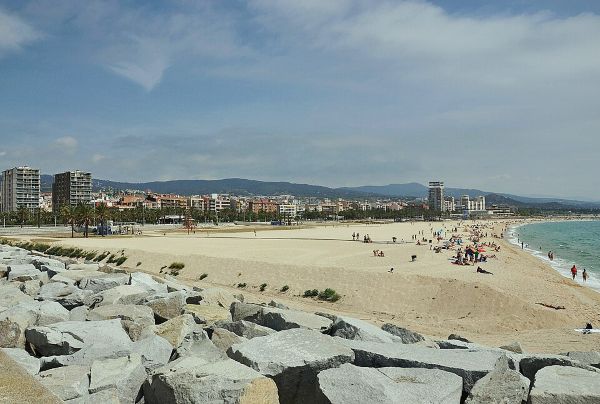The findings presented in the ninth report on the state of the ocean, published today by the Marine Environment Monitoring Service of Copernicus, underscore the numerous threats facing all oceanic regions due to climate change, biodiversity loss, and pollution.
This report highlights a concerning acceleration in oceanic warming, an increased risk to marine biodiversity hotspots, and a rapid escalation in ocean acidification. Moreover, plastic pollution has now permeated all ocean basins, while endangered species and coral reefs encounter critical vulnerabilities.
“As an owner of Copernicus, the most unique Earth observation system, the Union is able to monitor the state of the Earth’s environment and its subsystems. The Copernicus infrastructure and services constitute a world class capacity allowing the Union to have a leading role in observing and forecasting different ocean state parameters. The Commission is committed to the continuity and evolution of Copernicus as well as ensuring that Europe’s Earth observing capacity is all encompassing, bringing together public and private actors and capacities alike. The space economy is all about unleashing the power of space systems and services to offer solutions in different policies and market sectors,” said Andrius Kubilius, Commissioner for Defence and Space.
The salient points highlighted in this year’s report include:
Unprecedented warming: In the spring of 2024, global sea temperatures achieved an extraordinary peak of 21°C, with far-reaching implications for the Earth’s ecosystems.
Marine heatwaves: Ocean temperatures in 2023 and 2024 exceeded previous records by over 0.25°C, resulting in significant repercussions for ecosystems, fisheries, and coastal economies.
Rising sea levels: Sea levels have increased by 228 millimetres from 1901 to 2024, posing a threat to the 200 million inhabitants of European coastal regions and jeopardising various UNESCO World Heritage Sites.
Proliferation of invasive species: The 2023 Mediterranean heatwave contributed to elevated water temperatures, which facilitated the proliferation of invasive species, including Atlantic Blue Crabs and Bearded Fireworms, thereby endangering local fisheries.
Decline in Arctic sea ice: Between December 2024 and March 2025, Arctic sea ice recorded four consecutive all-time low extents, resulting in a loss of an area nearly twice the size of Portugal.
The Copernicus report serves an indispensable role in furnishing essential data regarding the impacts of oceanic changes on ecosystems, food security, economies, coastal communities, and the regulation of the global climate. Through its Copernicus system, the European Union remains committed to intensifying efforts to monitor the health of the oceans and to implement strategies aimed at preserving biodiversity, mitigating pollution, and enhancing resilience against climate change.

